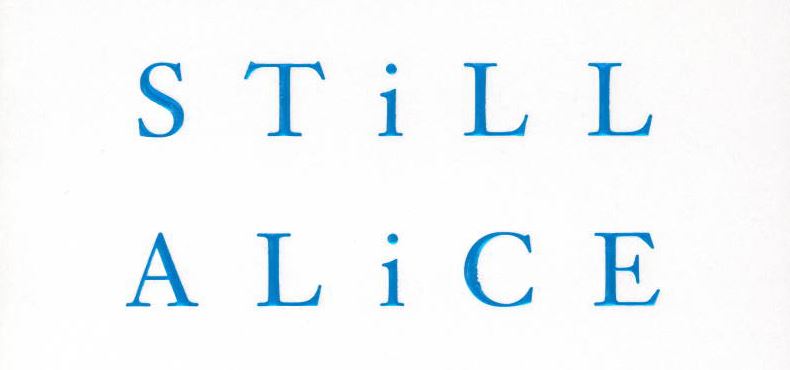Julianne Moore told Access Hollywood that working on Still Alice was “amazing,” and “a privilege” while on the red carpet for the SAG Awards this week. If you haven’t heard yet, Still Alice is the heartbreaking book-to-film story of professor Alice Howland (played by Moore) who struggles with the discovery she has early onset Alzheimer’s.
While tear jerking, Still Alice offers some serious insight into the lives of Alzheimer’s sufferers. Starting with Alice’s descent into forgetfulness alone, she finally confronts the reality her disease in the presence of her family, including her husband (Alec Baldwin), Anna (Kate Bosworth), Tom (Hunter Parrish), and Lydia (Kristen Stewart). Alice also has to reveal to her family that the particular type of Alzheimer’s she carries is genetic, meaning that there’s a 50/50 chance the disease could be passed on to one of her children.
Throughout the film, which tracks the ups and downs of a family in flux, Moore admits she used some of the same language as those she spoke to during her preparation for the role to make the situations seem more true-to-life. Moore started by reaching out to the Alzheimer’s Association and was able to Skype with women across the US to discuss their lives with such a diagnosis.
Although the story reveals many of the day-to-day difficulties that Alzheimer’s creates in the body and mind, as well as those who care for sufferers, not everyone is subject to the same plight as Alice. Early onset Alzheimer’s affects 5% of all Alzheimer’s cases, but knowing the signs and symptoms of the disease can be beneficial in catching it early.
ABC News cites that although memory loss is common as we get older, the inability to learn new tasks or remember the steps of a process consistently can be a sign of the first stages of Alzheimer’s. Although there is no cure for Alzheimer’s, diagnosing the disease early on can help slow down brain dysfunction.
If we can take anything away from Still Alice, it is that Alzheimer’s is life changing for those who suffer from it and those who care for them, especially when they don’t have access to the resources or knowledge they need to make informed decisions about their medical care. Take the time to investigate your own mental health history for the sake of protecting the organ that matters most—your brain—and then treat yourself to a movie on the big screen.
Here at Freedom Home Care we are happy to provide you and the ones you love with the information and support you need, including Alzheimer’s care. Feel free to contact us with any questions about our in-home healthcare services.




